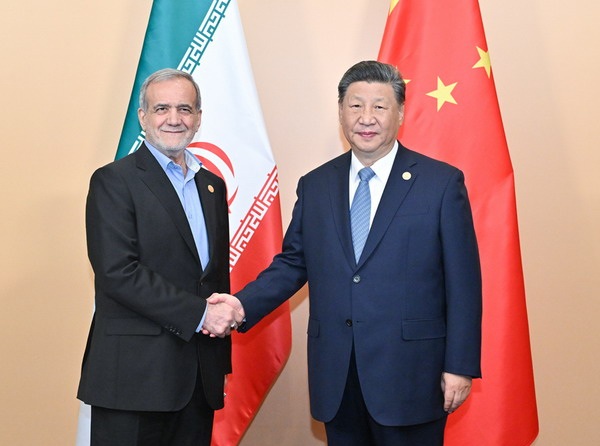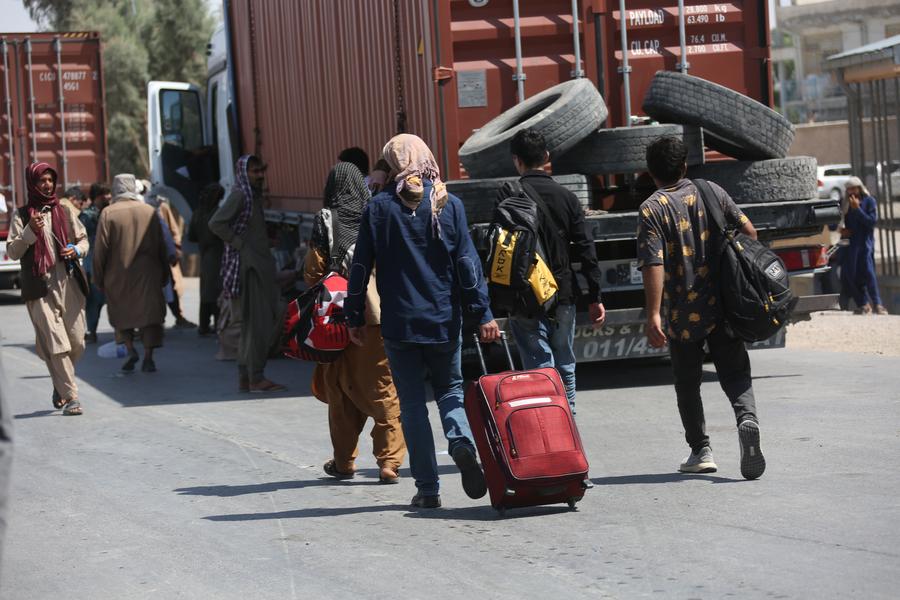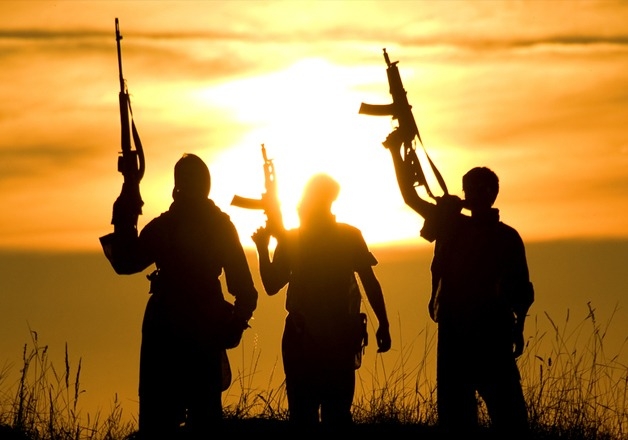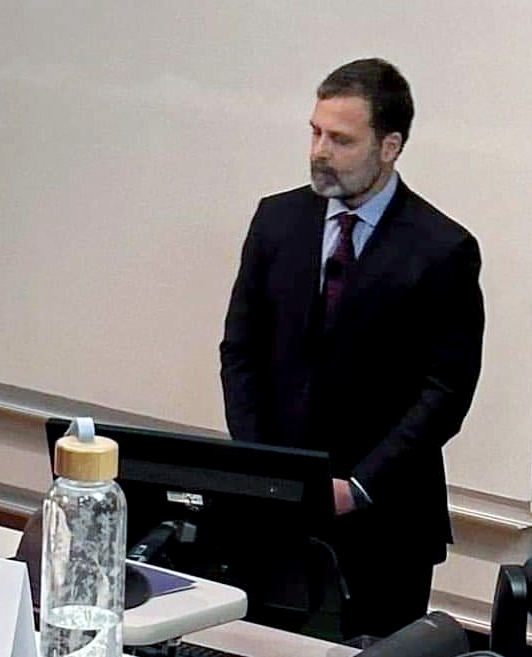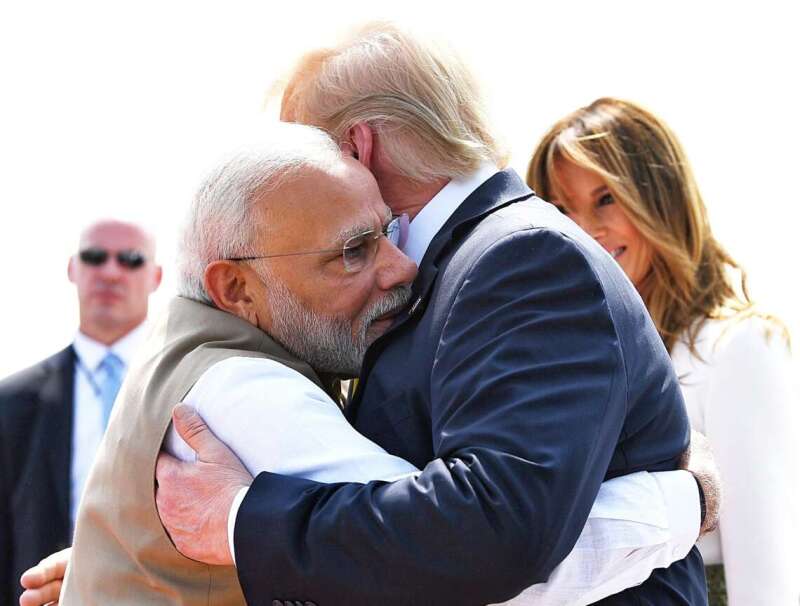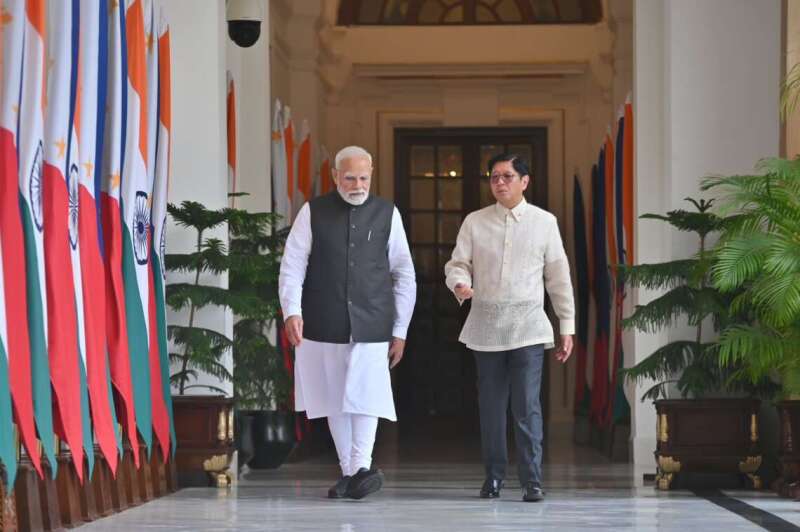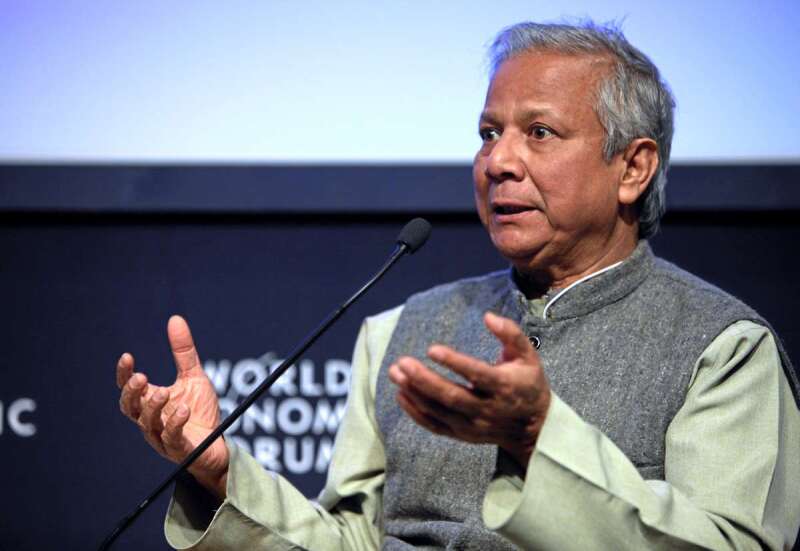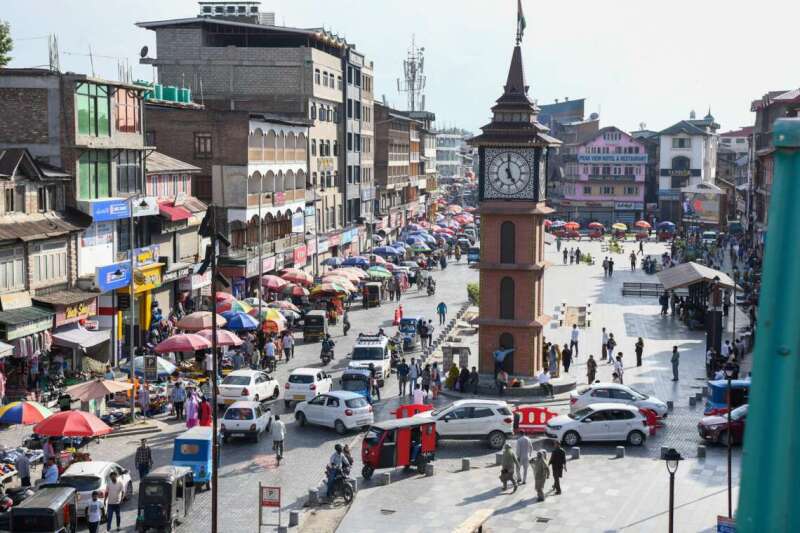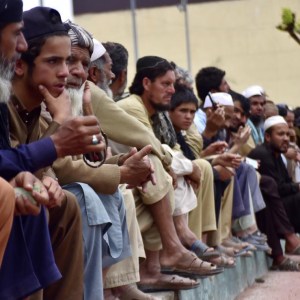The rupee’s four-session winning streak ended on Tuesday following a depreciation of 0.6 per cent..reports Asian Lite News
Pakistani rupee significantly plunged against the US dollar as the greenback was traded at 266.11 rupees in the interbank market, according to the State Bank of Pakistan (SBP).
The US dollar closed at 261.5 rupees on Tuesday. On Wednesday, the local currency depreciated by 4.61 rupees, or 1.73 per cent, against the US dollar, official figures showed. The rupee’s four-session winning streak ended on Tuesday following a depreciation of 0.6 per cent, Xinhua news agency reported.
Market experts attributed the devaluation mainly to the downgrading of the South Asian country’s local and foreign currency issuer and senior unsecured debt ratings from “Caa1” to “Caa3” by Moody’s Investors Service on Tuesday.
Inflation at all-time high
Pakistan’s annual inflation, measured by the Consumer Price Index (CPI), soared to a record high of 31.55 per cent in February, compared to 27.6 per cent in the previous month, driven by massive increases in food and transport prices, local media reported.
According to Arif Habib Corporation, this is the highest-ever CPI increase based on data available from July 1965, Dawn reported.
In February, 2022, inflation clocked in at 12.2 per cent.
According to data released by the Pakistan Bureau of Statistics (PBS), inflation in urban and rural areas increased to 28.82 per cent and 35.56 per cent year-on-year respectively.
On a month-on-month basis, inflation rose 4.32 per cent.
Consumer prices have risen sharply over the past several months, with annual inflation staying above 20 per cent since June last year, Dawn reported.
In February, the increase in inflation was driven by a double-digit rise in all sub-indices except one.
The inflation figure is higher than the Ministry of Finance’s forecast of 30 per cent.
The CPI-based inflation on a year-on-year basis will be 28-30pc in coming months, said the ministry in its monthly economic update & outlook for February, adding that the recent political and economic uncertainties were pushing up inflationary expectations.
The ministry expects inflation to remain high due to the uncertain political and economic environment, pass-through of currency depreciation, rise in energy prices and increase in administered prices in February, Dawn reported.
Although the State Bank of Pakistan has been enacting contractionary monetary policy, the inflationary expectation would take some time to settle. The Centre, in liaison with provincial governments, is closely monitoring the demand-supply gap of essential items and taking necessary measures to stabilise their prices, the report added.



